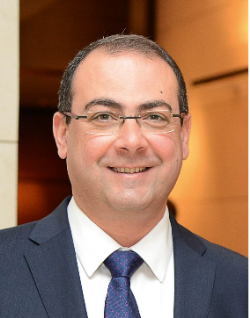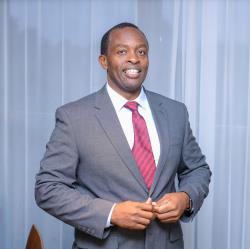WSIS Action Line C7: E-health - Fostering foundations for digital health transformation in the age of AI
World Health Organization and International Telecommunication Union
Session 256
In May 2025, the 78th session of the World Health Assembly (WHA) endorsed the extension of the Global Strategy on Digital Health 2020 – 2025 (GSDH) until 2027 and its renewal from 2028 – 2033. Member States highlighted priority areas such as digital and data governance, interoperability, digital infrastructure, equitable access to patient-centric technologies, digital health literacy and workforce capacity development. A digital health transformation based on Digital Public Infrastructure (DPIs), can enable health systems to leverage foundational infrastructure such as digital IDs, digital payment and data exchange. When combined with health specific DPIs such as health facility and health worker registries these systems can significantly enhance the quality, efficiency, and reach of health services, paving the way for person-centered care.
However, despite this potential, investments in DPIs remain limited and the reasons for this vary. Some countries have the necessary digital health maturity but lack the necessary alignment of resources, while others lack the digital health maturity such as governance, leadership, infrastructure, and have in the interim focused on disease specific applications and tools. This session will explore how countries and partners can future proof the digital health system for a DPI-based transformation, avoiding vertical investments that do not promote or enable (future) data exchange.
Objectives:
1. Share updates and insights about the changing perception and priorities of digital transformation in ICT and health sectors.
2. Share updates about the extension and renewal of the Global Strategy on Digital Health 2020-2025.
3. Share insights and updates on priorities in global digital health transformation, including the Reference Architecture for Digital Public Infrastructure for Health.
4. Share information and updates about the operationalization of the Global Initiative on Digital Health (GIDH).






-
 C7. ICT applications: benefits in all aspects of life — E-health
C7. ICT applications: benefits in all aspects of life — E-health
-
 Goal 3: Ensure healthy lives and promote well-being for all
Goal 3: Ensure healthy lives and promote well-being for all
-
 Goal 5: Achieve gender equality and empower all women and girls
Goal 5: Achieve gender equality and empower all women and girls
-
 Goal 9: Build resilient infrastructure, promote sustainable industrialization and foster innovation
Goal 9: Build resilient infrastructure, promote sustainable industrialization and foster innovation
-
 Goal 10: Reduce inequality within and among countries
Goal 10: Reduce inequality within and among countries
-
 Goal 17: Revitalize the global partnership for sustainable development
Goal 17: Revitalize the global partnership for sustainable development
- Objective 1: Close all digital divides and accelerate progress across the Sustainable Development Goals